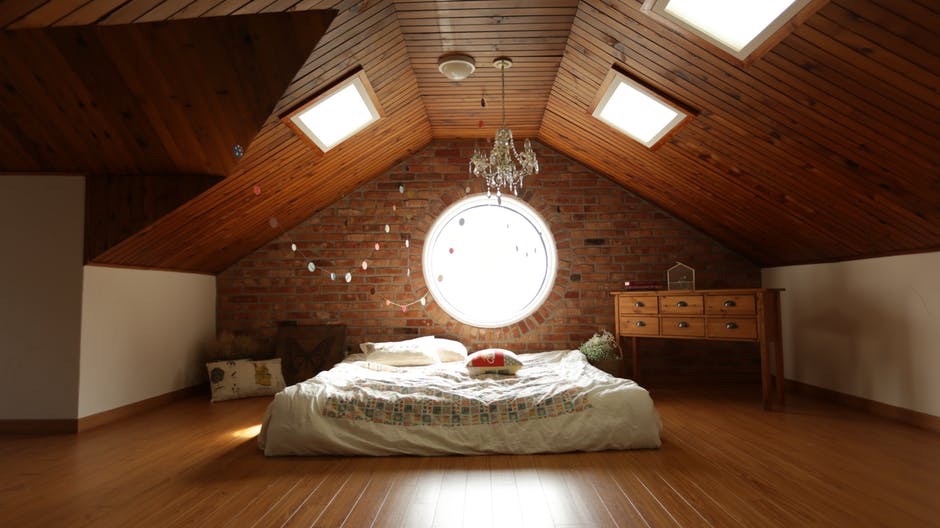
Choosing the ideal floor for your newly constructed or renovated home is a difficult task. There are many options to choose from. Vinyl floors have become increasingly popular for many people because they are affordable and durable. They have many aesthetic futures as they are manufactured to mimic hardwood or stone floors.
Vinyl wood flooring is ideal if you desire an economical alternative to hardwood floors. With modern technology, you can purchase vinyl planks of specific colours mimicking a specific type of hardwood.
Vinyl floor structure
These flooring types have four layers made of different materials, serving specific purposes that add up to maximum functionality as explained below.
- Cork underlayment
This is the bottom layer and is made of cork or foam. This layer absorbs sound produced when one is walking on the floor. It also acts as the underlayment; you will not need to buy other materials when installing vinyl planks.
- High-density core
This layer makes up the biggest percentage of the floor’s structure. It is completely waterproof, the feature that makes vinyl floors ideal for kitchen and bathroom floors. It is also the layer that holds the planks sturdy as it does not expand or contract.
- The printed layer
At the manufacturing site, this layer is made with high definition printing to create gorgeous visuals that look identical to real hardwood materials. This printed layer is just below the top layer.
- The wear layer
This is the topmost layer. It protects the other layers from scratches and dents. It also prevents harmful sunlight rays from heating the floor directly and affecting its colour.
Plank thickness
You will find vinyl planks of different thickness. The measurements vary from 4mm to 8mm. However, you should pay more attention to the thickness of the wear layer. The thicker the wear layer the safer your vinyl floor is. You can choose from 8 millimetres to 12 millimetres for home floors. The 20-millimetre-thick wear layer is best for commercial buildings that have a lot of foot traffic.
Installation
Hiring professional fabricators to install vinyl floor materials for you assures you of perfect results. They have the needed skills, experience and tools for the job. Self-adhesive vinyl floors have a pressure sensitive layer that holds on to the subfloor. Other vinyl tiles are glued to the floor using special vinyl glue. You can also opt for interlocking luxury vinyl tiles. These tiles have grooves that interlock easily at the edges. Installation of vinyl floors is quick and you can use the floor almost immediately.
Do thorough research on the fabrication company before purchasing materials and contracting it for installation. Check reviews and recommendations. Ask for quotes so that you can have an estimated budget. Use this information to get the best vinyl floor for your home or business.
Image: pixabay